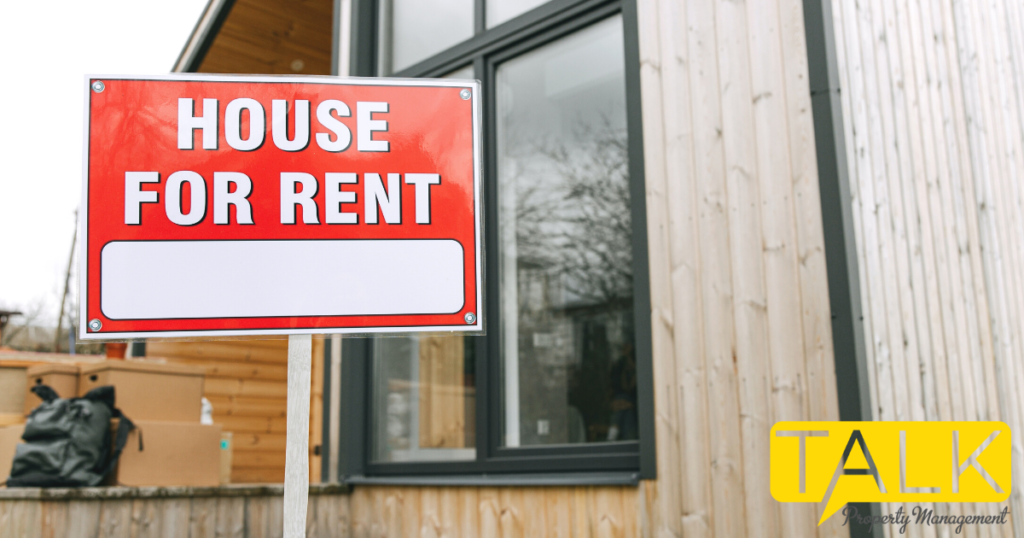Being a landlord can be hard work, but it’s also rewarding when done correctly. And, as long as you have the skill and time to complete all of the tasks associated with managing your rental property, you can be successful as a landlord and save a little money in the process.
At TALK Management, we have mastered the many responsibilities of property management, and we handle all of the duties of our landlord clients so they can focus on what they do best (not having to be a landlord). If you get started as a landlord and realize it’s too much, we’re here for you, and we would love to earn your business.
Now, let’s dive into some of the key factors of becoming a successful landlord.
Set Up Your Business
Prior to purchasing your first property or signing your first lease, make sure your business is fully prepared on the backend. You want to set up things like asset protection, insurance, and your bank account to ensure your investment is protected and everything is set up as much as possible.
Consider keeping a folder of your important documents for each property to keep everything organized and ensure you have everything you need to prepare for tenants.
Make The Commitment
Landlording is no small feat. It takes a lot of time, energy, and responsibility to be done correctly. Before you decide to become a landlord, make sure you have thought about what this will mean for you. When purchasing properties and selecting tenants, take the time to make sure your decisions are the right ones. Nothing should be done on a whim; you need to take the appropriate amount of time to make decisions that will make you money and help your business in the long run.
Understand Your Tenants
Not only is it important to properly screen your tenants to make sure they’re the right fit, but you should also take time to connect with them and understand their wants and needs. Establish trust with them by always being transparent and having an open line of communication so they feel they can come to you with questions and concerns. It’s also important to understand what they expect from you and what you expect from them, including following the lease agreement terms and paying their rent on time.
Handle Issues Appropriately
Regardless of how excellent your tenants are, there will be times when issues will arise. As much as we don’t want to deal with problems, it’s part of the business. When issues arise, it’s important to have the appropriate systems in place to ensure they’re handled efficiently and correctly. Taking issues personally doesn’t help anyone, so try to keep your emotions out of it and navigate problems appropriately.
Reach Out To The Professionals
If you get overwhelmed by everything you need to do to be a successful landlord, contact the professionals at TALK Property Management. Here are a few of the value-added services we provide that can save you work, stress, and, often, money:
- Rigorous tenant screening process to select quality tenants
- Attend court proceedings on your behalf
- Handle HOA correspondence and violations
- 24/7 maintenance for tenants for emergencies
- Utilize licensed professional vendors and handymen for maintenance issues
Being a landlord can be a gratifying job when done correctly. If you have any questions about becoming a landlord or need someone to handle property management services on your behalf, reach out to us! We would love to offer our expertise and services!



